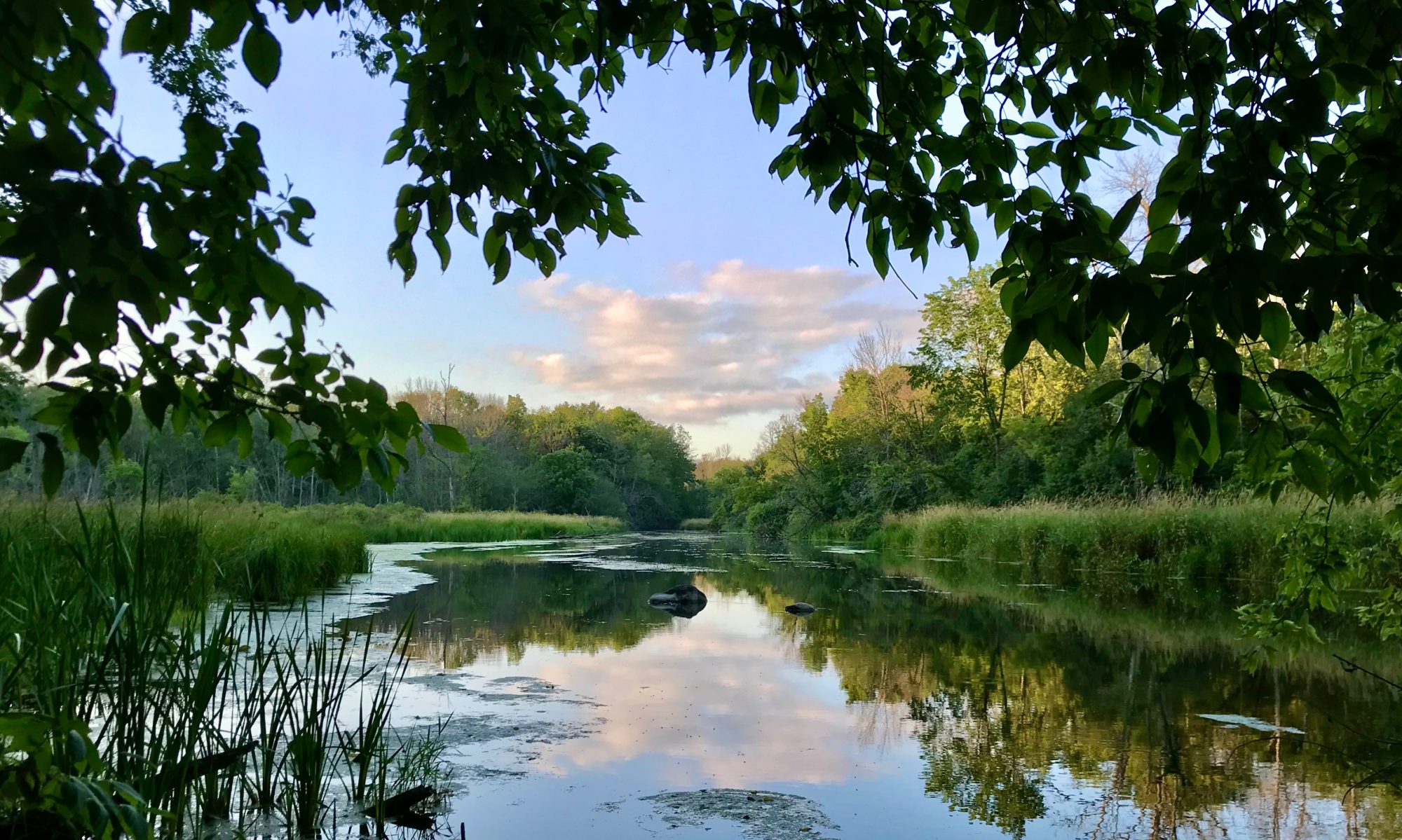In The Fellowship of the Ring, the first volume of J. R. R. Tolkien’s The Lord of the Rings trilogy, we learn of a powerful enchanted ring threatening the collective peoples of Middle Earth. After the ring’s discovery, representatives of various peoples eventually agree it must be destroyed by traversing torturous difficulties to cast it into the fiery …
Continue reading "Choosing Wise Guides for the Spiritual Life"
